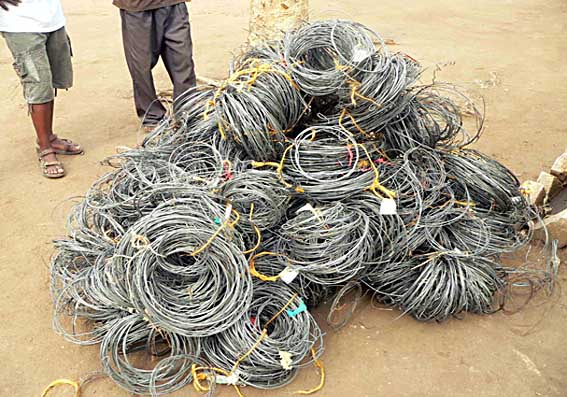

The Challenges
We tend to see Africa romantically, picturing a wilderness with lion prides, game herds and elephants roaming freely. The reality can be different. A typical subsistence farmer is more likely to regard elephants as dangerous pests destroying food crops. Leopards are undeniably beautiful, but they can also eat livestock. Poached bush-meat can be a valuable source of free protein.
Resolving these issues is the problem which can ultimately only be solved by the locals themselves. Education is the key to their informed involvement and that is our objective. These are the challenges:
Habitat loss and population growth
Habitat is lost to agriculture, human encroachment, bushfires and housing. The driver for habitat loss is population growth.
The population of Zambia is currently estimated to be over 15 million and is predicted to double over the next 10 years - one of the fastest growth rates in the world. Approximately 41% of Zambians live in urban areas, but 59% still follow more traditional rural lifestyles. All these new people will need somewhere to live and food to eat. This has to be done without indiscriminate damage to the environment.
Education will help find a way.

Habitat lost to deforestation
Zambia already has one of the highest rates of deforestation in Africa, and the rate is increasing. Wood is taken for timber/firewood/charcoal etc.

Poaching
Snares and traps are indiscriminate and injure and kill any animals they catch. Every year thousands of snares are removed from game parks.

Bush fires
Aerial surveys show frequent burning and few unburnt areas. Bush fires clear fresh and existing farmland. Newer clearance cycles with reduced fallow periods can lead to soil damage.
Habitat loss from Encroachment
It's not just the cleared areas. Further habitat is lost through human encroachment leading to disturbance and disruption. Encroached areas hugely increase the effective size of cleared land.
Solutions
Much is being done to manage the situation but much more remains to ensure the long term survival of Zambia's precious heritage. This would best be done by Zambians themselves. What and How are questions to be researched and that requires qualified people.
Qualifications cost money and you can help